Elvin Jones
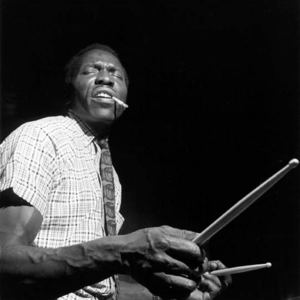
- Meta styles:
- Big Band/Swing, Free Jazz, Hard Bop, Jump Blues/Piano Blues, New Orleans/Classic Jazz
- Styles:
- Avant-Garde Jazz, Free Jazz, Hard Bop, Jazz Blues, Mainstream Jazz, Modal Music, Post-Bop, Progressive Jazz
Elvin Ray Jones (September 9, 1927 ? May 18, 2004) was a jazz drummer. Elvin began playing professionally in the 1940s, working with the Army Special Services program, Operation Happiness, and in 1949 had a short-lived gig in Detroit's Grand River Street club. Eventually he went on to play with artists such as Charlie Parker, Miles Davis, and Wardell Gray. In 1955, after a failed audition for the Benny Goodman band, he found work in New York, joining Charles Mingus's band, and releasing a record called J is for Jazz.
In 1960, he joined with the classic John Coltrane Quartet, which also included bassist Jimmy Garrison and pianist McCoy Tyner. Jones and Coltrane often played extended duet passages, both giving and taking energy through their instruments. This band is widely considered to have redefined "swing" (the rhythmic feel of jazz) in much the same way that Louis Armstrong, Charlie Parker et al did during earlier stages of jazz's development. He stayed with Coltrane until 1966. By that time, Jones was not entirely comfortable with the direction Coltrane was moving in and his polyrhythmic style clashed with the "multidirectional" approach of the group's second drummer, Rashied Ali.
After leaving the Coltrane group, Jones played with Duke Ellington, and eventually formed his own touring group. Jazz Machine, normally a quintet, continued in the same musical direction. His sense of timing, polyrhythms, dynamics, timbre, and legato phrasing - as well as the sheer mass of sound he produced - brought the drumset to the fore. Jones was touted by Life Magazine as "the world's greatest rhythmic drummer", and his free-flowing style was a major influence on many leading rock drummers, including Mitch Mitchell (whom Jimi Hendrix called "my Elvin Jones") and Ginger Baker.
- Sort by

Revival: Live At Pookie's Pub
- Year:
- 2022
- Tracks:
- 9
- Bitrate:
- 320 kbps
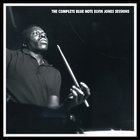
The Complete Blue Note Sessions CD8
- Year:
- 2000
- Tracks:
- 6
- Bitrate:
- 320 kbps
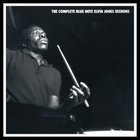
The Complete Blue Note Sessions CD7
- Year:
- 2000
- Tracks:
- 6
- Bitrate:
- 320 kbps
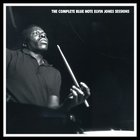
The Complete Blue Note Sessions CD6
- Year:
- 2000
- Tracks:
- 7
- Bitrate:
- 320 kbps
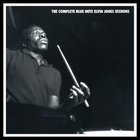
The Complete Blue Note Sessions CD5
- Year:
- 2000
- Tracks:
- 12
- Bitrate:
- 320 kbps
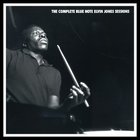
The Complete Blue Note Sessions CD4
- Year:
- 2000
- Tracks:
- 9
- Bitrate:
- 320 kbps
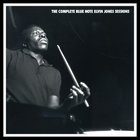
The Complete Blue Note Sessions CD3
- Year:
- 2000
- Tracks:
- 7
- Bitrate:
- 320 kbps
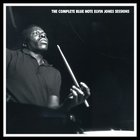
The Complete Blue Note Sessions CD2
- Year:
- 2000
- Tracks:
- 8
- Bitrate:
- 320 kbps
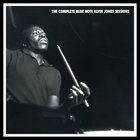
The Complete Blue Note Sessions CD1
- Year:
- 2000
- Tracks:
- 10
- Bitrate:
- 320 kbps

Tribute To John Coltrane: A Love Supreme
- Year:
- 1994
- Tracks:
- 4
- Bitrate:
- 320 kbps
 Billy Higgins
Billy Higgins  Tony Williams
Tony Williams  Ed Blackwell
Ed Blackwell  Kevin Mahogany
Kevin Mahogany  Ronald Shannon Jackson
Ronald Shannon Jackson  Sunny Murray
Sunny Murray  Charlie Watts
Charlie Watts  Graham Collier
Graham Collier